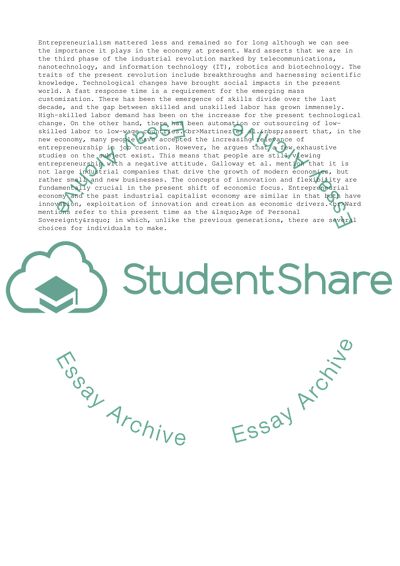Cite this document
(“Enterprise Skills Assignment Example | Topics and Well Written Essays - 4750 words”, n.d.)
Enterprise Skills Assignment Example | Topics and Well Written Essays - 4750 words. Retrieved from https://studentshare.org/management/1594443-management-reserch-methods
Enterprise Skills Assignment Example | Topics and Well Written Essays - 4750 words. Retrieved from https://studentshare.org/management/1594443-management-reserch-methods
(Enterprise Skills Assignment Example | Topics and Well Written Essays - 4750 Words)
Enterprise Skills Assignment Example | Topics and Well Written Essays - 4750 Words. https://studentshare.org/management/1594443-management-reserch-methods.
Enterprise Skills Assignment Example | Topics and Well Written Essays - 4750 Words. https://studentshare.org/management/1594443-management-reserch-methods.
“Enterprise Skills Assignment Example | Topics and Well Written Essays - 4750 Words”, n.d. https://studentshare.org/management/1594443-management-reserch-methods.


